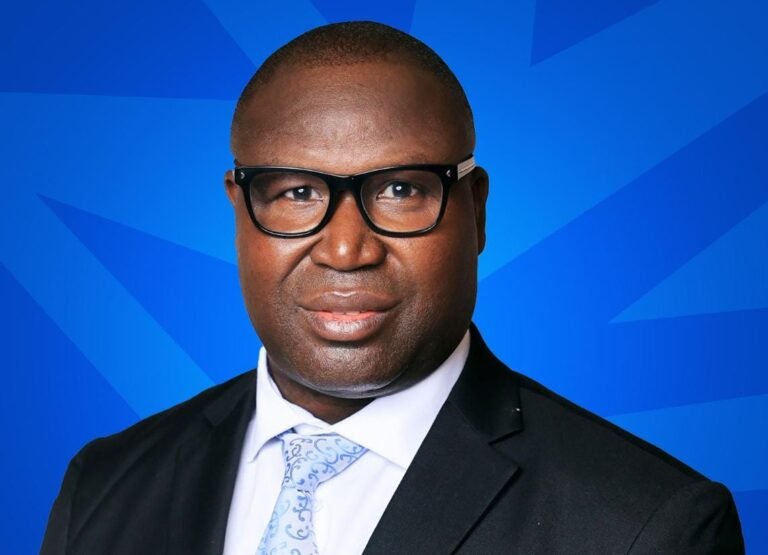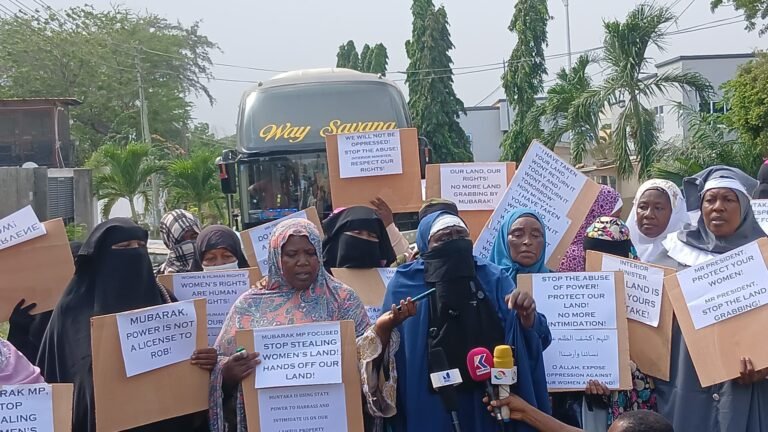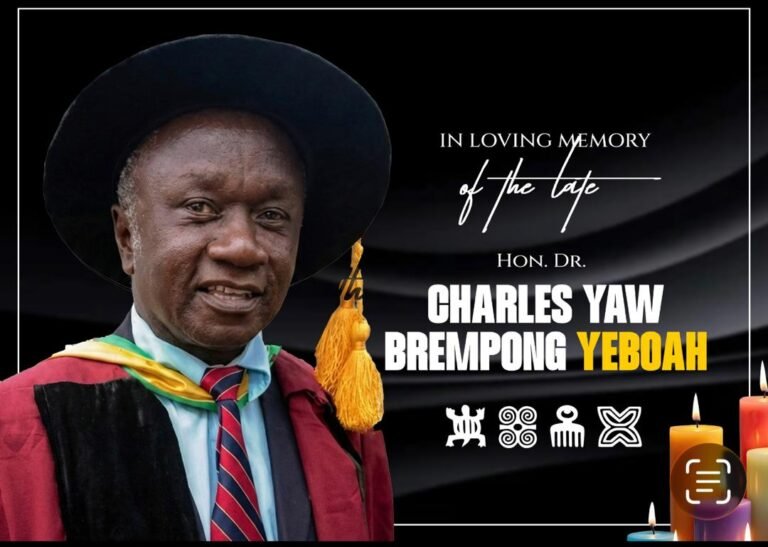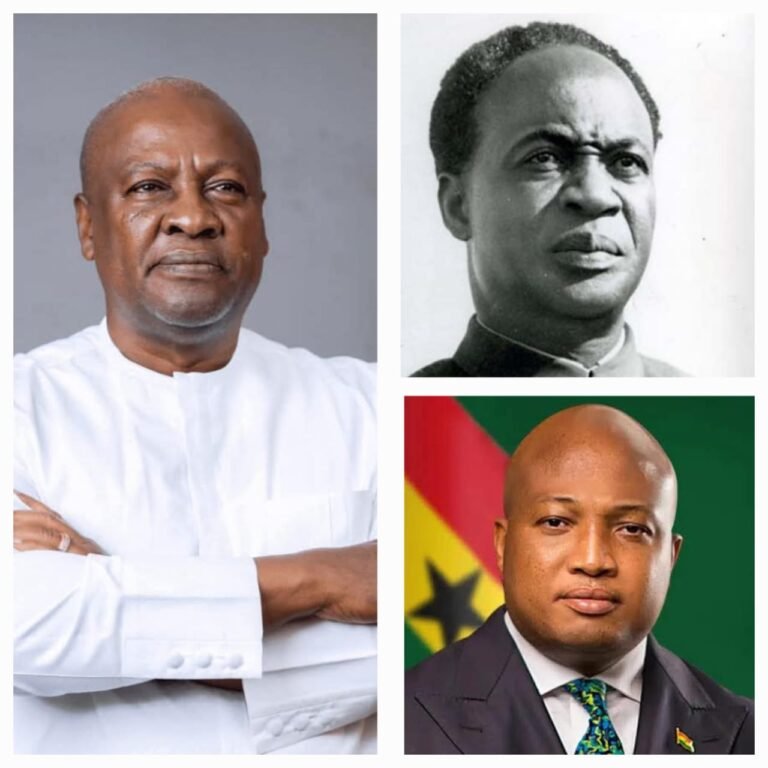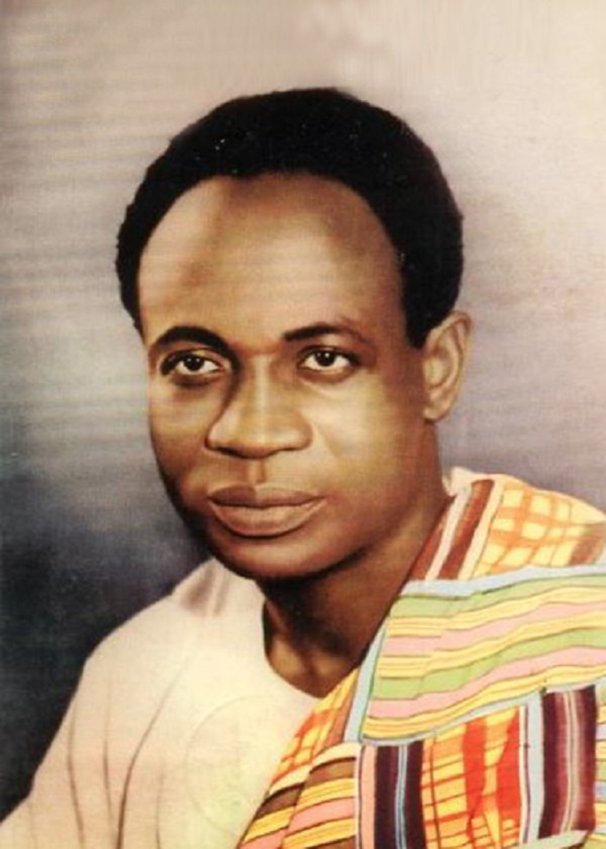
John Mahama
In 2016, former President John Dramani Mahama, who is now seeking to become the President of Ghana again, explained the rationale behind the incessant attacks on the Electoral Commission, especially the Chair: “It’s an old trick in the book: vilify the referee and reduce his credibility in the eyes of the public when you are losing the match.
This creates the platform where, when you lose, you can contest the outcome of the match, and this is the underlying force for all the whining that is taking place against the EC at every step of the electoral process.”
Seeking to undermine the credibility of Ghana’s Electoral Commission ahead of the 2024 elections, former President Mahama last week sought to extol the Independent National Electoral Commission of Nigeria (INEC) for exhibiting “professionalism” ahead of the country’s just-ended elections.
According to him, all the candidates in the election had expressed utmost faith in the INEC ahead of the polls.
“Regrettably, I am not hopeful this will happen[in Ghana] when we have an EC that has blatantly spurned all efforts by the National Peace Council to host a meeting between the Commission and the two major political parties, the NDC and NPP,” he said.
EU verdict
Contrary to Mr Mahama’s positive assessment of the work of Nigeria’s INEC, the European Union Election Observation Mission to Nigeria (EU EOM) has observed that lack of transparency and operational failures marred Nigeria’s elections.
According to the EU Observer Mission, there was an abuse of incumbency by various political office holders which distorted the playing field as well as the widespread allegations of vote buying.
The media, it claimed, provided extensive coverage on three leading campaigns, while disinformation interfered with voters’ right to make an informed choice on Election Day.
In its preliminary statement on the elections, the EU EOM also observed that the Commission also lacked efficient planning and transparency during critical stages of the electoral process.
Reduced trust
The EU added that the public trust in the INEC was further reduced due to delayed polling processes and information gaps related to much-anticipated access to results on its Results Viewing Portal (IReV).
“In the lead-up to elections, the widely welcomed Electoral Act 2022 introduced measures aimed at building stakeholder trust, however leaving some important gaps in terms of accountability and INEC’s power to enforce the law,” it said.
“Weak points include a lack of INEC empowerment to enforce sanctions for electoral offences and breaches of campaign finance rules. Positively, NEC benefited from more timely financing than previous contests. Other new provisions also aimed to enhance the transparency of results,” it added.
The EU further pointed out that although the introduction of the Bimodal Voter Accreditation System (BVAS) and the IReV for the 2023 elections was perceived as an important step to ensure the integrity and credibility of elections, “delayed training of technical personnel, inadequate mock testing exercise, and a lack of public information on the election technologies diminished expectations and left room for speculation and uncertainty.”
“During the early stages of collation, presidential result forms from polling units were not displayed on the [Rev, while Senate and House of Representative results were slowly published. Presidential election result forms started to be uploaded after 10 pm on election day, raising concerns and reaching only 20 percent by noon on 26 February,” it observed.
Walk out
Meanwhile, reports say that agents of major opposition parties at the national collation centre in Abuja yesterday walked out of the venue in protest at the exercise.
Dino Melaye and Emeka Ihedioha, of the Peoples Democratic Party (PDP), had accused INEC of violating the Electoral Act by going ahead with the result collation and announcement despite not uploading the results on the iREV portal.
“We are not here to rubber stamp the electoral fraud that has been declared by INEC and APC. INEC is compromised. APC has influenced INEC,” Mr Melaye told journalists after the election.
Agents of some other parties, including those of the Social Democratic Party (SDP), Labour Party (LP), and Action Democratic Party (ADP) had expressed similar views.
INEC’s Chairman Mahmood Yakubu rejected the demand of the agents and continued with the collation exercise.

